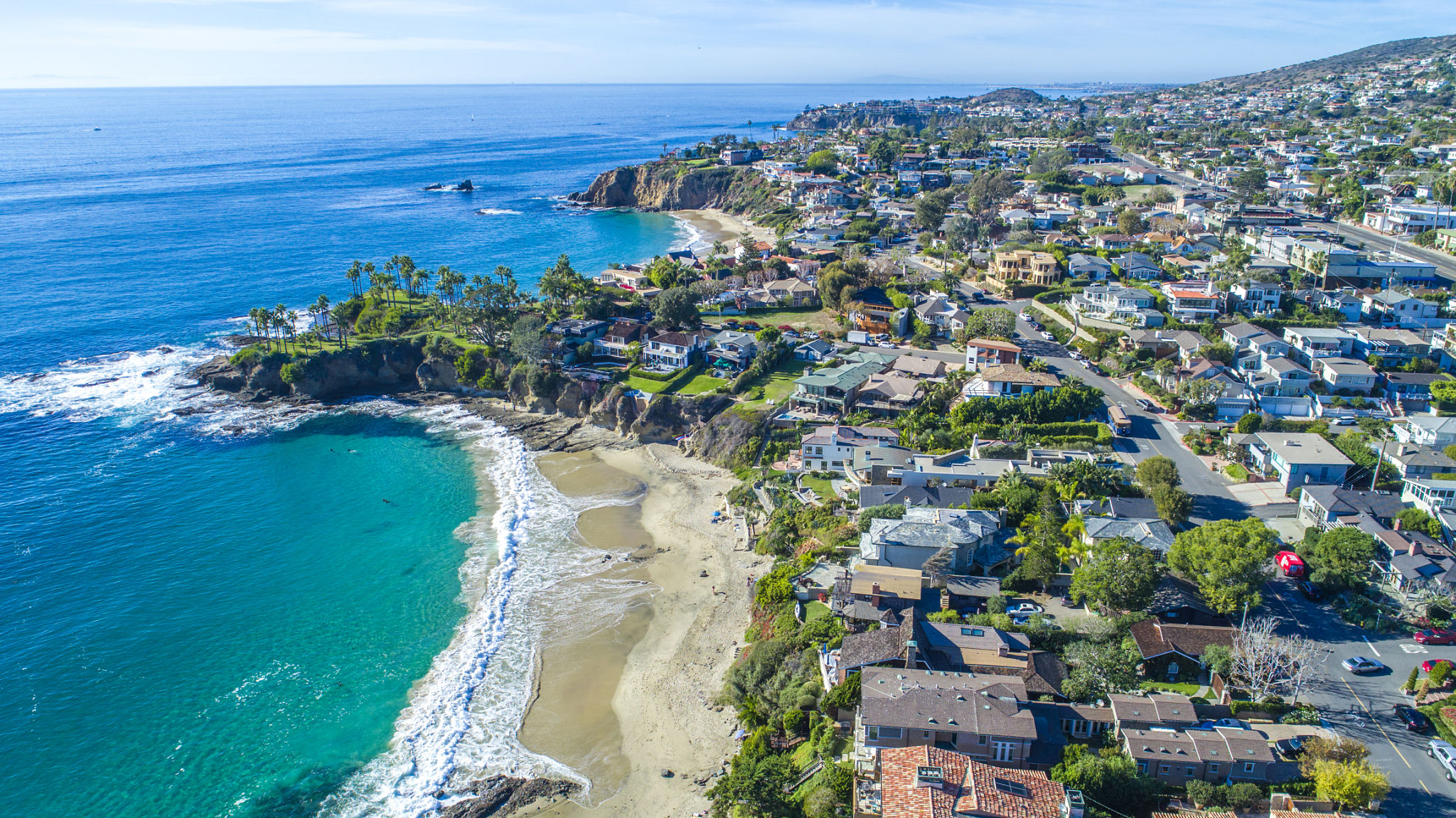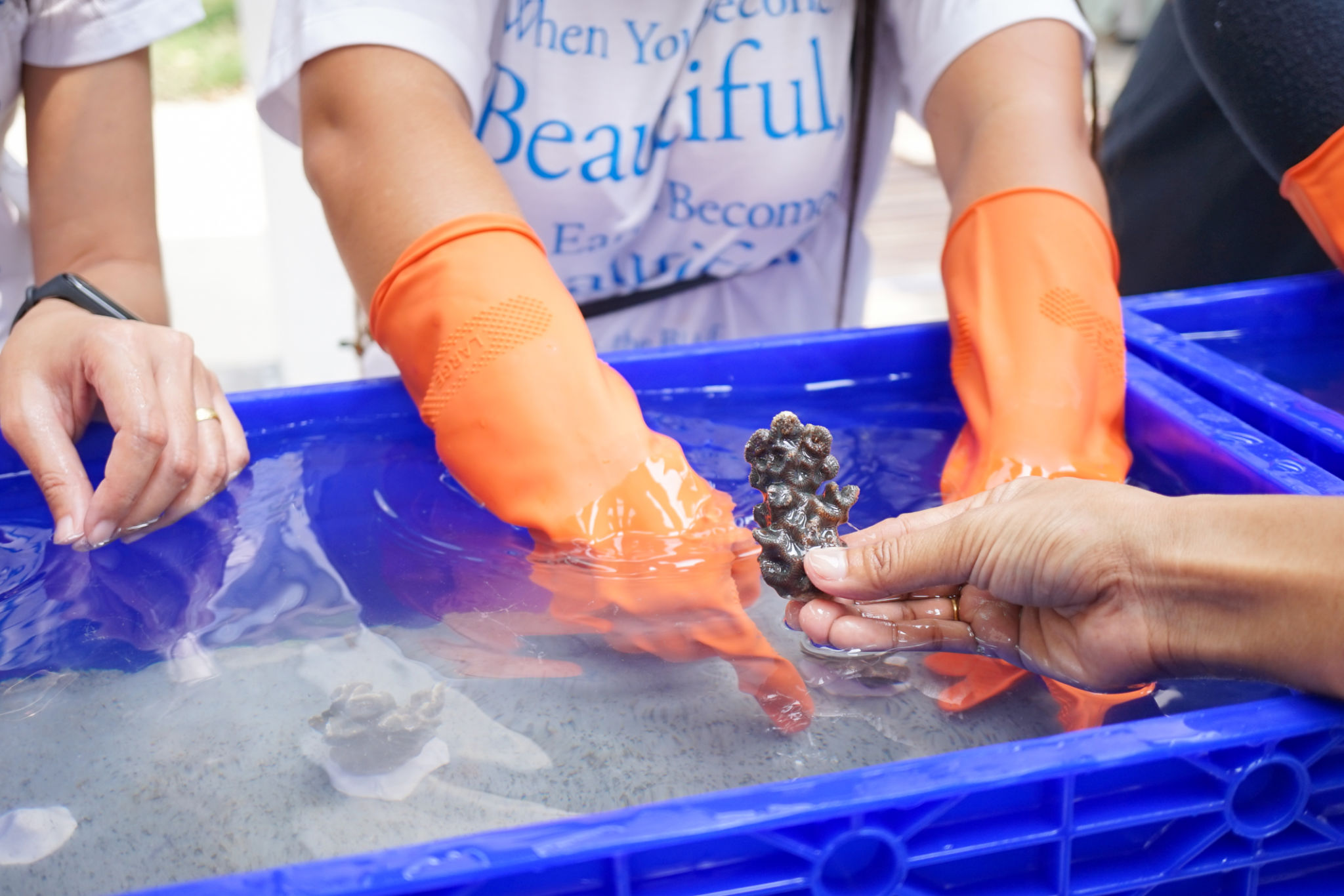How Coastal Watch Ghana is Protecting Marine Life
Introduction to Coastal Watch Ghana
Coastal Watch Ghana is a pioneering organization dedicated to the preservation and protection of marine ecosystems along the Ghanaian coastline. With increasing threats from pollution, overfishing, and climate change, their mission is more critical than ever. Through a combination of community engagement, scientific research, and policy advocacy, Coastal Watch Ghana is making significant strides in safeguarding the diverse marine life that thrives in these waters.
Community Engagement and Education
One of the cornerstones of Coastal Watch Ghana's strategy is community engagement. By educating local communities about the importance of marine conservation, they foster a sense of stewardship among those who live closest to the sea. Workshops and educational programs are regularly conducted to teach sustainable fishing practices and the long-term benefits of preserving marine habitats.

Scientific Research and Monitoring
To effectively protect marine life, Coastal Watch Ghana relies on comprehensive scientific research and monitoring. The organization collaborates with local and international scientists to study marine biodiversity and assess the health of various species. This data-driven approach enables them to identify critical areas for conservation and develop targeted strategies to address specific threats.
Monitoring efforts include tracking the population of endangered species such as sea turtles and dolphins, as well as assessing coral reef health. By understanding these ecosystems' dynamics, Coastal Watch Ghana can implement conservation measures that have a meaningful impact.
Policy Advocacy
Coastal Watch Ghana understands that lasting change requires robust policies and regulations. As such, they actively engage with governmental bodies to advocate for stronger marine protection laws and enforcement mechanisms. Their efforts have contributed to the establishment of marine protected areas along the Ghanaian coast, providing safe havens for vulnerable species.

Sustainable Fishing Practices
Overfishing poses a significant threat to marine biodiversity, and Coastal Watch Ghana is addressing this issue head-on by promoting sustainable fishing practices. They work closely with local fishermen to encourage methods that minimize bycatch and prevent depletion of fish stocks. By providing training and resources, they help ensure that fishing practices do not compromise future generations' ability to sustain themselves.
Innovative Conservation Projects
The organization is also involved in several innovative conservation projects. For instance, they are experimenting with artificial reefs to restore damaged coral ecosystems. These structures provide vital habitats for marine life and help maintain biodiversity. Additionally, Coastal Watch Ghana is exploring the use of technology, such as drones and satellite imagery, to enhance their conservation efforts.

Collaborations and Partnerships
Collaboration is key to Coastal Watch Ghana's success. They partner with NGOs, academic institutions, and government agencies to amplify their impact. These partnerships facilitate resource sharing, capacity building, and the exchange of knowledge, ultimately strengthening conservation outcomes.
Future Outlook
Looking ahead, Coastal Watch Ghana aims to expand its reach and increase its impact on marine conservation. With ongoing threats from climate change and human activity, their work is far from over. By continuing to innovate and collaborate, they remain committed to protecting Ghana's precious marine ecosystems for future generations.